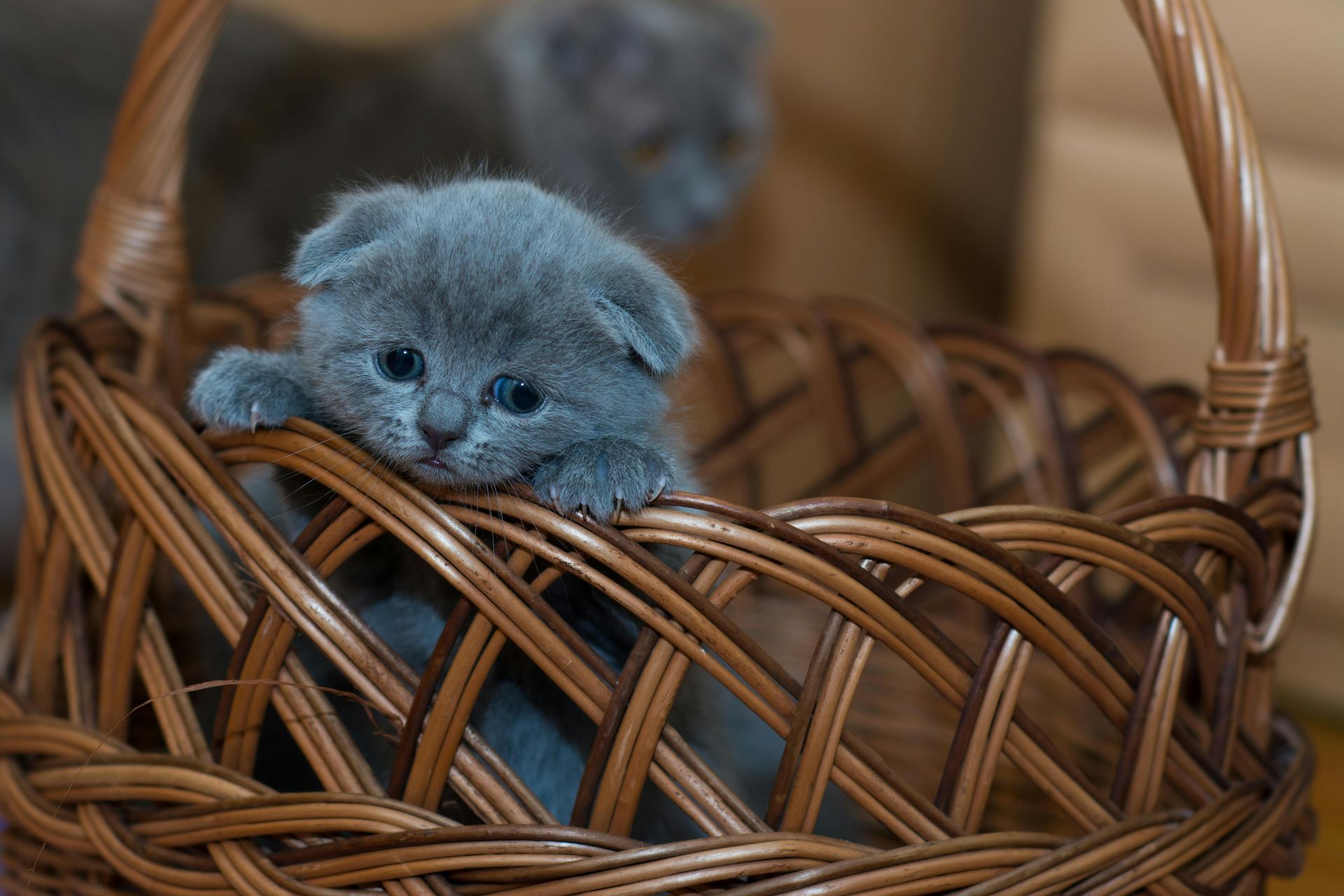9 Cat Facts (AKA the 9 lies of cats)
The Nine Lies of Cats
You have heard that cats have 9 lives, but did you know that Zoetis Inc. has developed a list of the nine LIES of cats. This is a booklet that we have in the lobby, but we modified it into web content for the purpose of getting as much information to our clients as possible. Many may not know the name: Zoetis, but it is the animal division of Pfizer. Without further comment, here are Zoetis's "Tope nine lies of Cats:"
- Indoor cats are not exposed to the outdoors
- Heartworm disease is for dogs only
- Litter is the only thing that is in a litterbox
- The deck, balcony, porch, etc does not count as the outdoors
- Only the dog uses the "doggy door"
- My owner's shoes are a great place to curl up to sleep
- My cat carrier is just like my home, yet with a handle
- A little bit of dirt is good for cats
- Because I groom myself I am clean
So what is the point? I am glad that you asked. This content is basically derived from an advertisement promoting Revolution, which is a topical parasite medication. You can read more about Revolution by clicking Here. In a nutshell, Revolution protects your cat from fleas, heartworm disease, ear mites, roundworms and hookworms.
Now that you have seen the 9 lies, what are the truths that go with these lies?
- No matter how clean you house may be, parasites can travel in. Be it a worm egg on your shoes or a flea on your pants, these parasites need to find host animals in order to survive. As a result, they will stop at no cost to find your feline friend.
- Heartworm disease is transmitted by mosquitoes. Not only can a mosquito bite your kitty and transmit heartworm disease, but heartworm disease in cats is not treatable. This makes prevention all the more vital for you kitty.
- It may be obvious that there is more in a litterbox than just the litter. After all, it is your cat's toilet. Even if you scoop your litterbox daily, there is some residual feces and urine within that box. Most internal parasites (worms) are shed in the poop and the eggs are very sticky. This means that they stick to the litterbox and then to your cat's feet. All it takes is for your cat to lick that area (See grooming myth below) and that parasite is ingested, beginning its life cycle all over again.
- Anytime a cat steps outside the home, he/she is no longer indoors. A simple trip to the deck can expose them to fleas due to squirrels and other animals that may visit your deck. This is true of stray cats, possums and other animals that roam about.
- Mosquitoes, fleas, ticks and rodents are all seeking a way to find food, whether that food is you, your cat or your pantry. Many of these insects are either parasites themselves, or carries of different diseases.
- Mud, dirt and other debris can contain parasite eggs. In addition, parasite eggs are very sticky and it is easier to step in a small area of poop than you may think.
- Thought your cat may hate the carrier, we think of it as a nice, clean place. The fact that the carrier gets set on the ground on the way to the car, gets set down at the veterinary clinic or the groomers; making it an easy place for parasites to find your cat.
- Even commercial potting soil can be contaminated with parasite eggs. Zoetis cites an article (February 18th, 2006 in the Veterinary Record) which states that 15% of potting soils contain the cat roundworm.
- Grooming is your cat's way of taking a bath. The difference is that they ingest a small amount of material from their hair coat when they groom. This is why cats get hairballs. Guess what? They also ingest small amounts of mud, dirt and poop; which can all contain parasite eggs.
This article is published and written by Dr. Fink. It is adapted from the promotional handout from Zoetis, Inc. entitled The 9 Lies of Cats.













